FIVE-STAR TEAM WARRANTY &
SAME-DAY SERVICE
5 Tips: How to repair your water heater
One day it may happen that your water heater breaks down. Whether you’re facing a lack of hot water, strange noises, or leaks, knowing how to troubleshoot and address common problems can save you time, money, and inconvenience. Here are five essential water heater repair tips to help you keep your system running smoothly.
Check the Power Supply:
Before diving into complex troubleshooting, start with the basics. Ensure that your water heater is receiving power. If you have an electric water heater, check the circuit breaker to see if it has tripped. Resetting the breaker may solve the issue. You can read how to restart an electric water heater here. For gas water heaters, verify that the pilot light is lit. If it’s out, follow step by step instructions on how to reset the pilot light. A lack of power is often the culprit behind seemingly major water heater malfunctions.
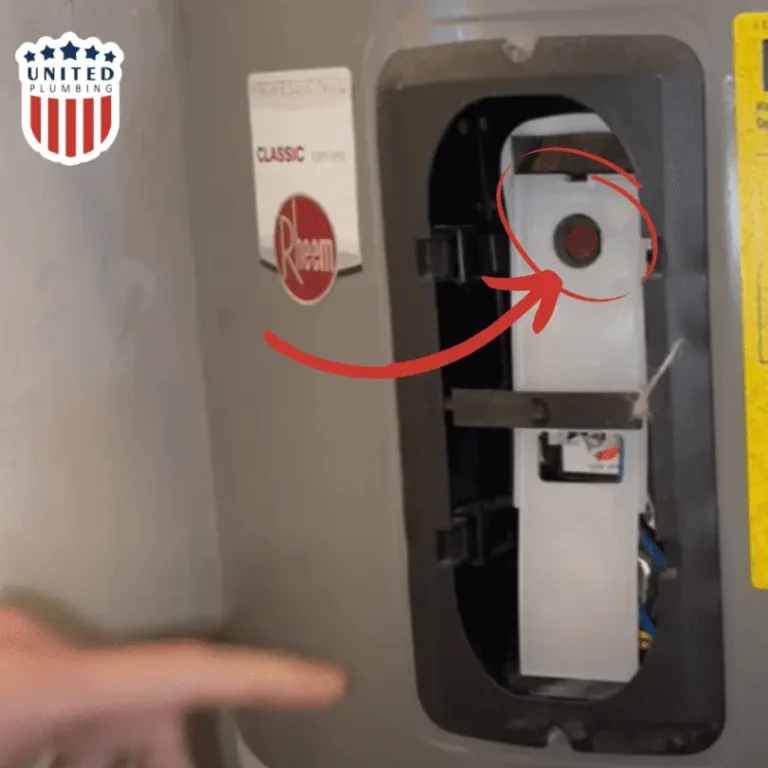
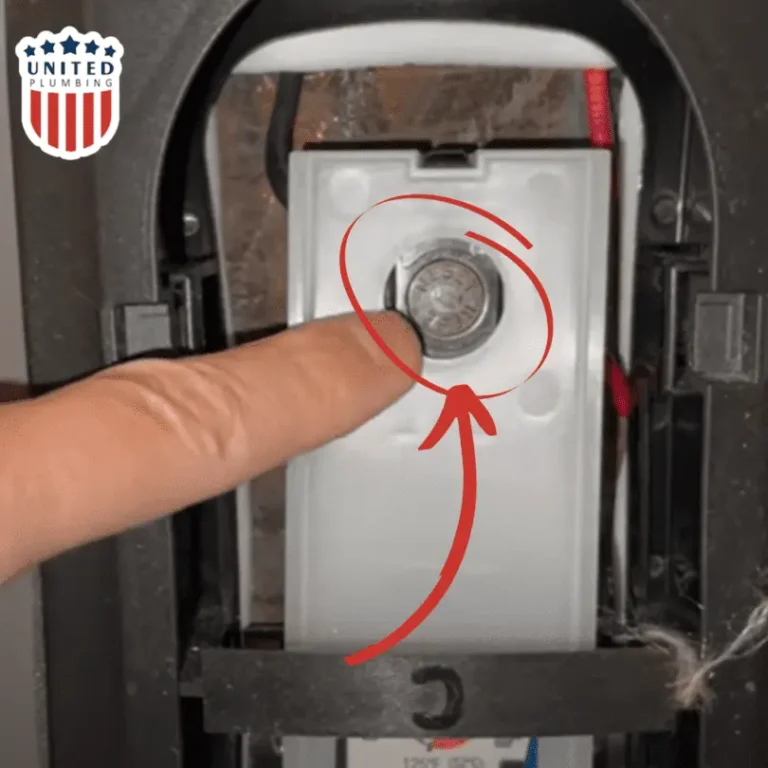
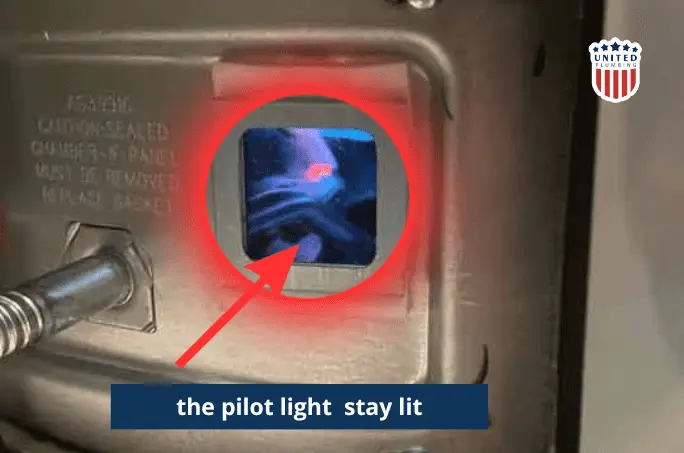
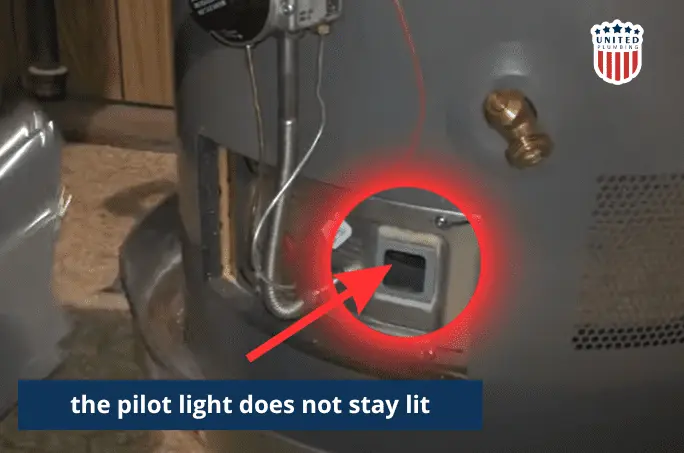
Check Your Anode Rod:
The anode rod is designed to attract corrosive elements in the water and protect the tank from rust and corrosion. Over time, the anode rod can become depleted, compromising its ability to safeguard the tank. Inspect the anode rod annually and replace it if it’s more than 50% corroded. Replacing the anode rod is a relatively simple DIY task that can significantly extend the lifespan of your water heater.
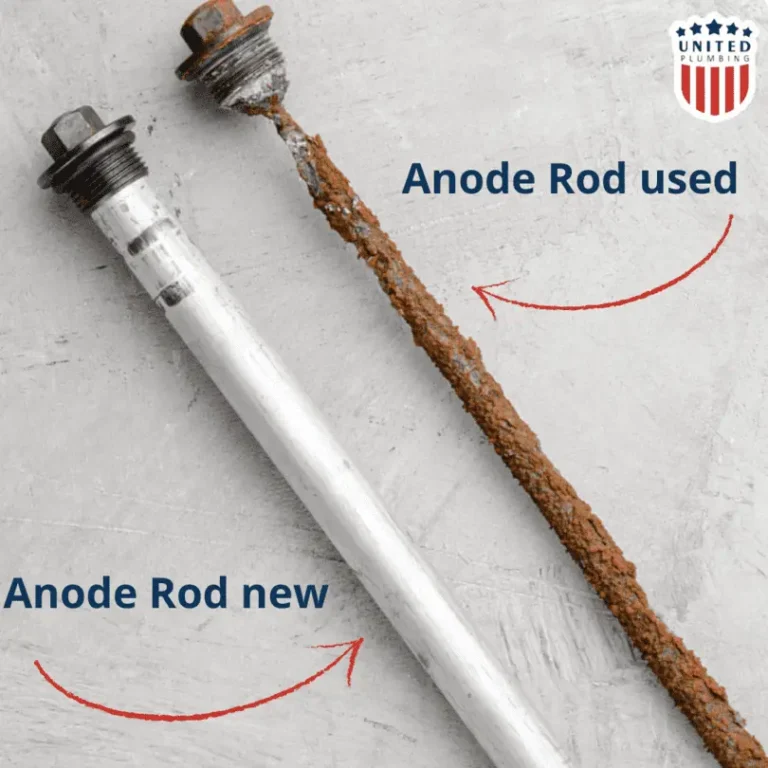
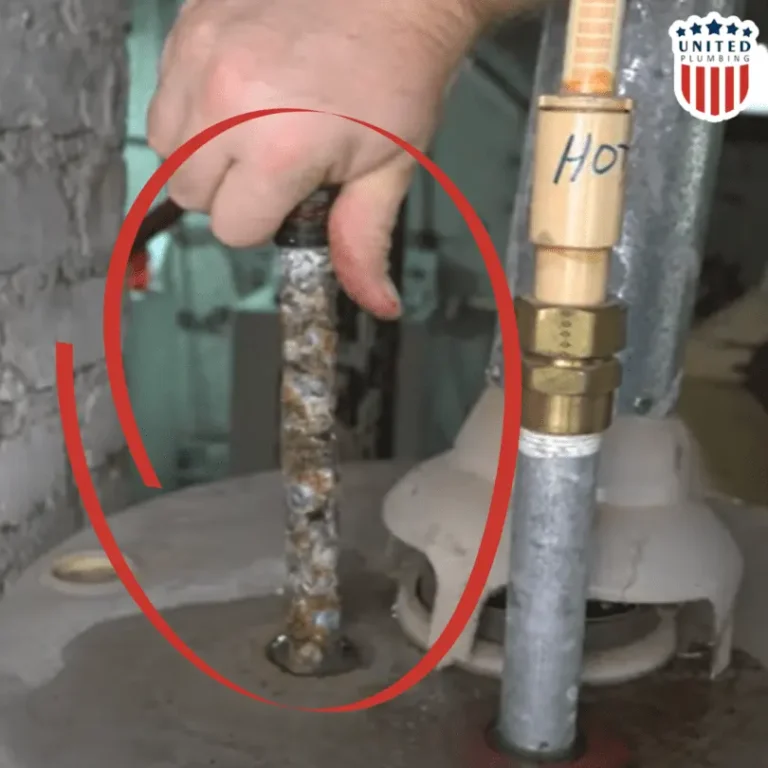
Address Sediment Buildup:
Mineral deposits, such as calcium and magnesium, can accumulate at the bottom of your water heater tank over time, leading to reduced efficiency and even corrosion. Draining and flushing the tank annually can help prevent sediment buildup and prolong the lifespan of your water heater. Attach a garden hose to the drain valve at the base of the tank, turn off the water supply, and open the valve to flush out sediment. Repeat this process until the water runs clear. How to drain your water heater tank?
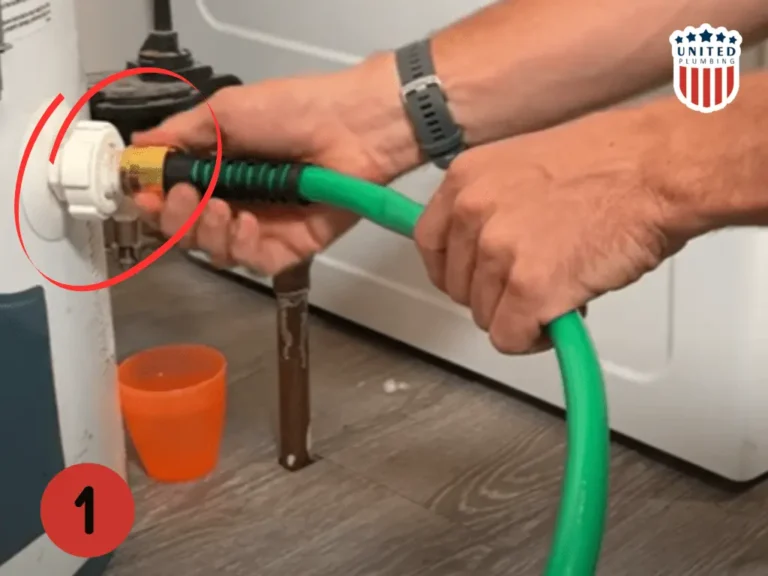
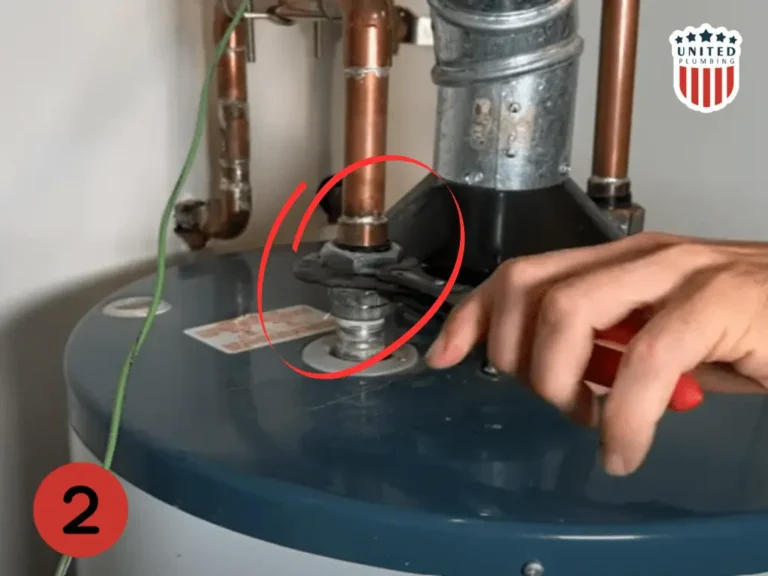
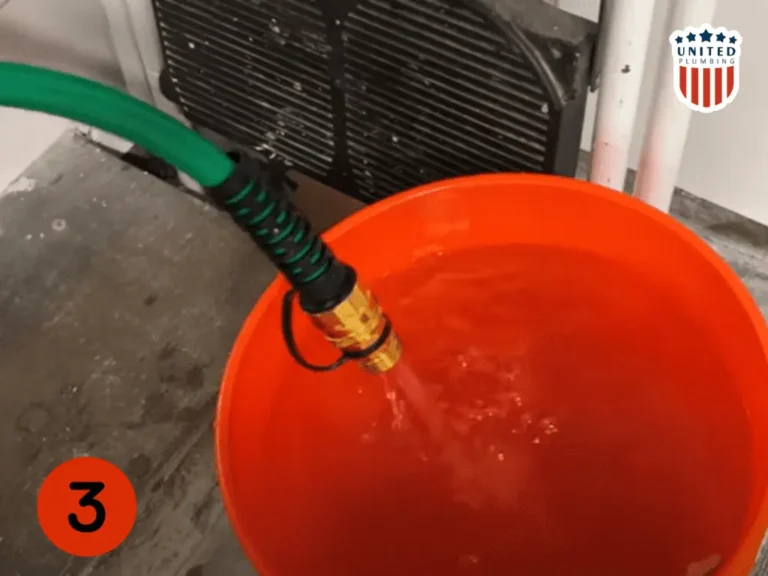
Inspect the Heating Elements:
If your water heater is electric and you’re experiencing insufficient hot water, the heating elements may be to blame. Over time, sediment buildup can accumulate on the heating elements, reducing their efficiency. Turn off the power to the water heater and use a multimeter to test the continuity of the elements. If they’re faulty, replacing them should restore proper heating. Remember to drain the tank and flush out any sediment during this process to prevent future issues.
Address Leaks Promptly:
Even minor leaks in your water heater can escalate into major problems if left unattended. Inspect your water heater regularly for any signs of leakage, such as puddles or dampness around the tank or connections. Leaks can occur due to loose fittings, corrosion, or pressure buildup. Tighten loose connections and replace corroded parts promptly to prevent water damage and mold growth. If you’re unsure about the source of the leak or how to fix it, don’t hesitate to seek professional assistance.
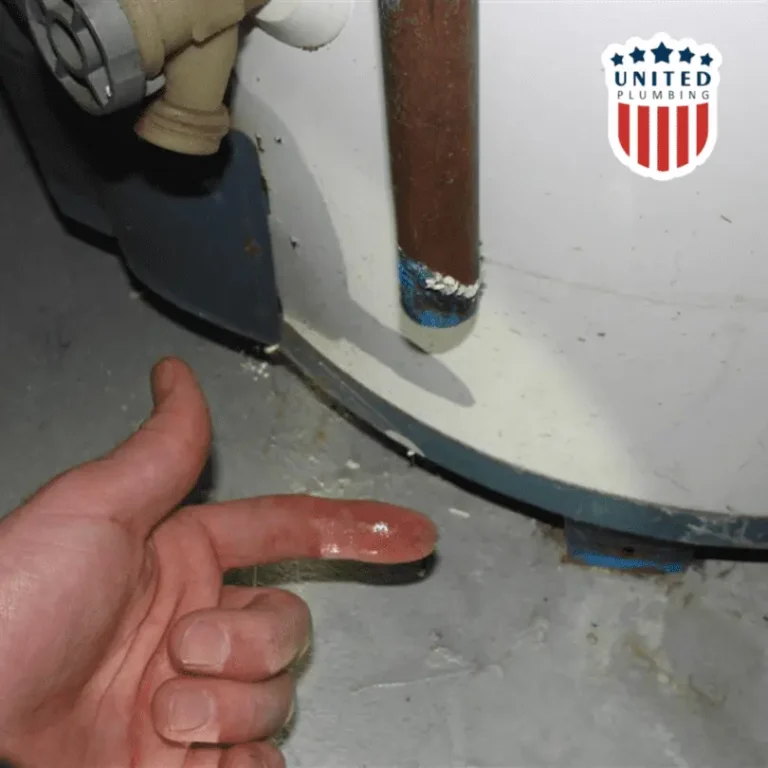
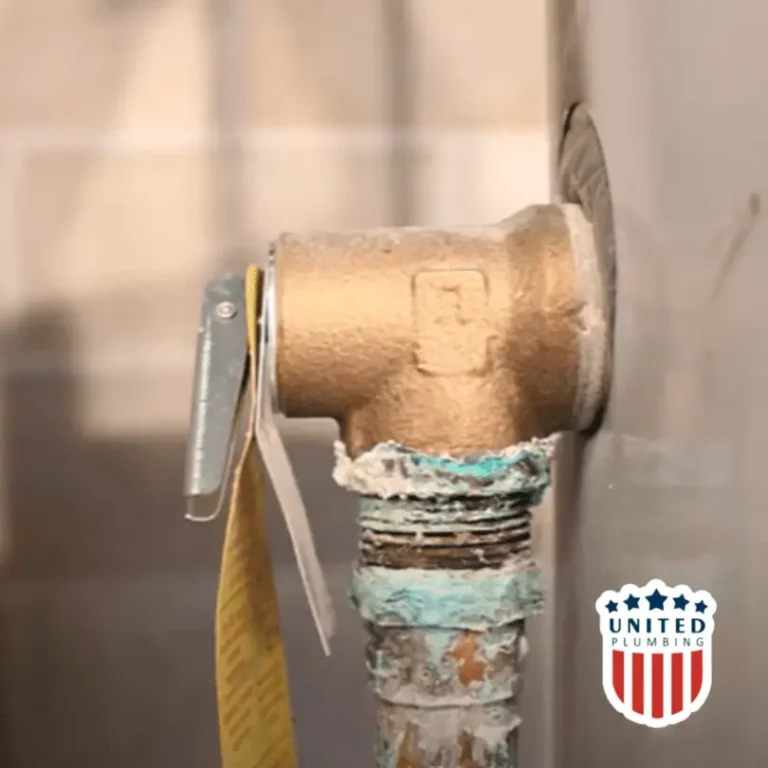
By following these five water heater repair tips, you can troubleshoot common issues, prevent potential problems, and prolong the lifespan of your appliance. Remember to prioritize safety when performing repairs, and don’t hesitate to consult a professional if you’re unsure about any aspect of water heater maintenance or repair. With proactive care, you can ensure that your water heater continues to provide reliable hot water for years to come. Also, if you doubt whether you can repair the water heater yourself, contact (855)642-6647 and we will provide you with a free consultation.
Post views: 517
Latest posts
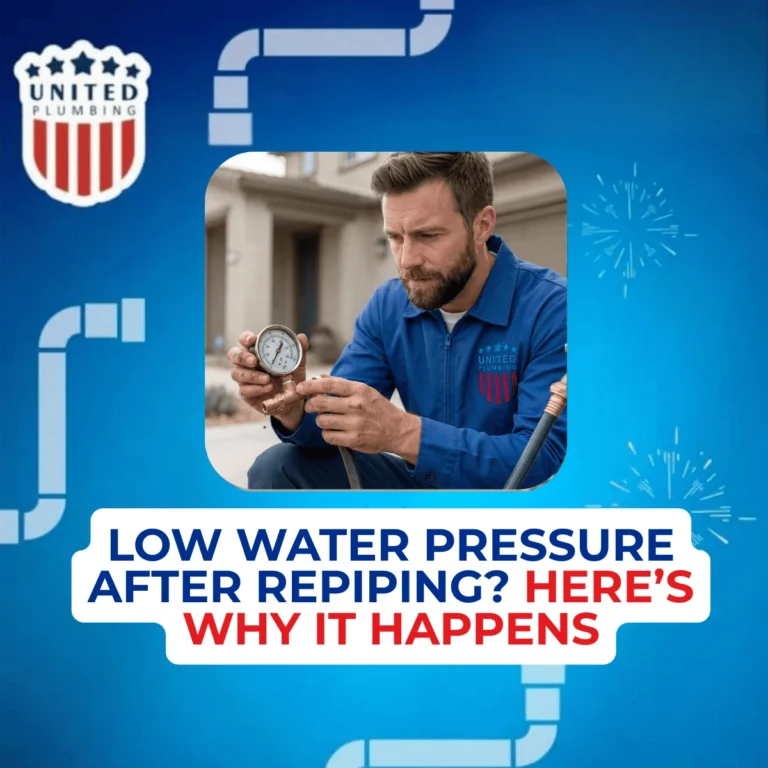
Low Water Pressure After Repiping? Here’s Why It Happens
You finally invested in a whole-home repipe expecting better water flow and fewer plumbing issues. Instead, you turn...
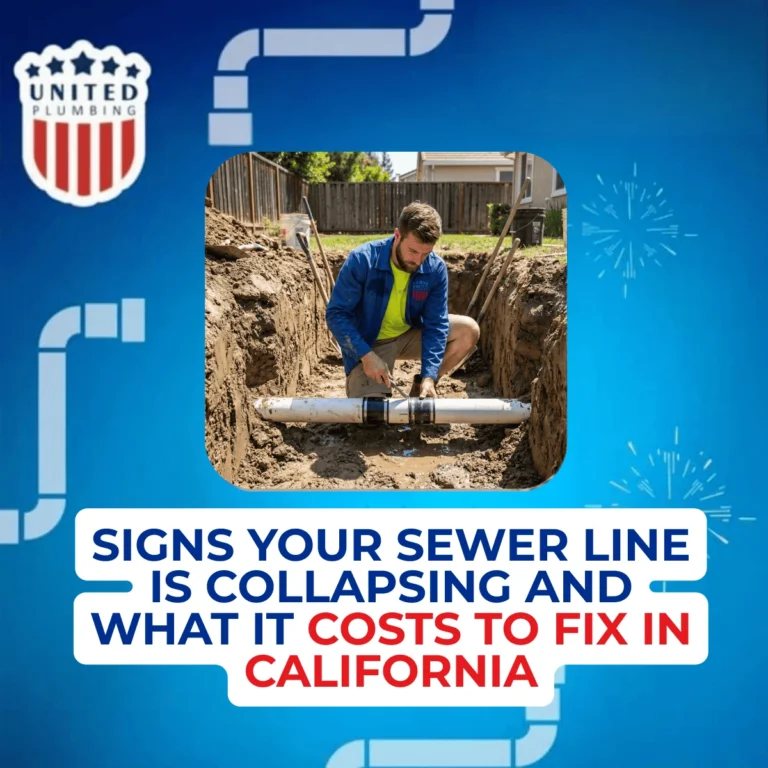
Signs Your Sewer Line Is Collapsing And What It Costs to Fix in California
If this is happening to your home, it usually starts to destroy you foundation and your yard. There is nothing...


If you still have questions or need advice, please leave a request and we will contact you as soon as possible
Need a plumber and got no clue where to start?
(408) 539-6936Facing a plumbing issue? Get a FREE in-person estimate and quick solutions from our skilled technicians, ensuring your home runs smoothly again!
